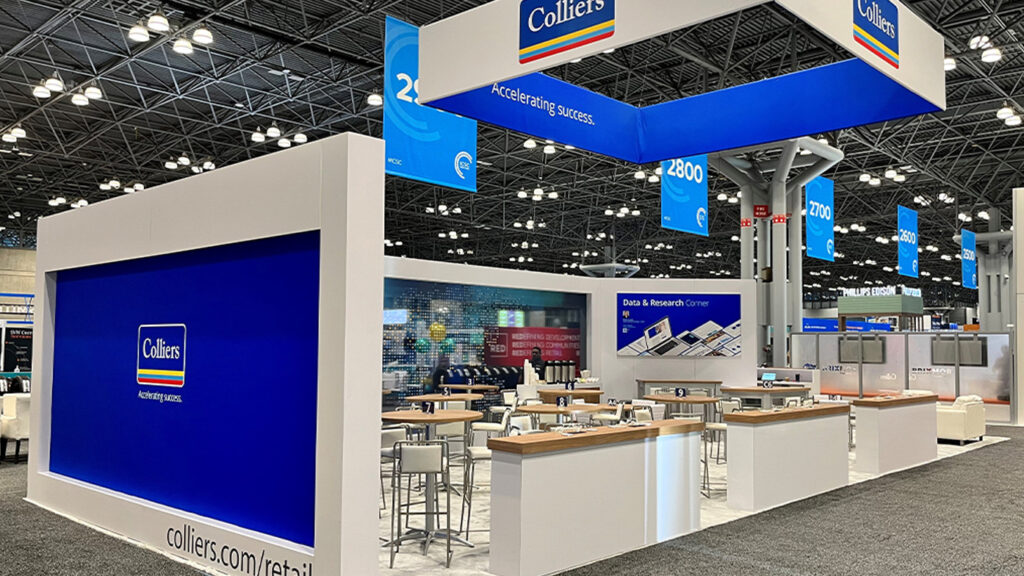The Innovating Commerce Serving Communities (ICSC) conference returned to New York after a two-year hiatus with over 7,000 retailers, brokers, and landlords in attendance at the Javits Center in Manhattan.
Colliers Insight
 Nicole Larson
Nicole Larson
“Class A space is harder to find than ever for growing retailers. Retailers must form relationships in the industry and be willing to wait for these prime locations to become available.”
Here is what we heard over the two days of events from dealmakers and experts who are driving innovation and evolution in the retail industry:
- A challenging macroeconomic climate is expected in the first half of 2023 as a mild recession is predicted, with more interest rate hikes in the upcoming year.
- Retail investors are hoarding cash. Owners have been advised to put off dividend payments to investors, delay unnecessary capital expenditures and prioritize debt payments to deal with rising interest rates during times of inflation.
- Strategic property management is more critical than ever as it allows you to proactively move out weak tenants and get new tenants into retail space, thus getting rent payments as quickly as possible.
- Opportunistic investors should buy value-add retail centers, such as open-air centers with no supermarkets, to take advantage of over-leveraged owners to acquire valuable properties for low prices.
- Class A space is harder to find than ever for growing retailers. Retailers must form relationships in the industry and be willing to wait for these prime locations to become available.
- Digital ordering is here to stay, as many food service retailers mentioned a large percentage of their sales come from digital channels, such as Jersey Mike’s (40%) and Chipotle (60%).
- Central business districts should make way for central social districts. Downtowns should be considered more than office, as residential and other uses may bring more foot traffic and spend to retail stores during daytime hours.
- Companies eager to foster diversity, equity, and inclusion among their service providers should grant small, minority-owned suppliers the opportunity to compete, as small minority-run firms can be nimbler and more responsive than larger competitors.
- Landlords should add more patio space as expanding restaurants will pass on retail space with insufficient outdoor space. Today’s operators need a patio that’s 20% to 25% of the restaurant’s interior space.
- Medical retail and pet service retailers are rapidly expanding and focused on adding locations within grocery-anchored shopping centers.



 Aaron Jodka
Aaron Jodka
 Anjee Solanki
Anjee Solanki